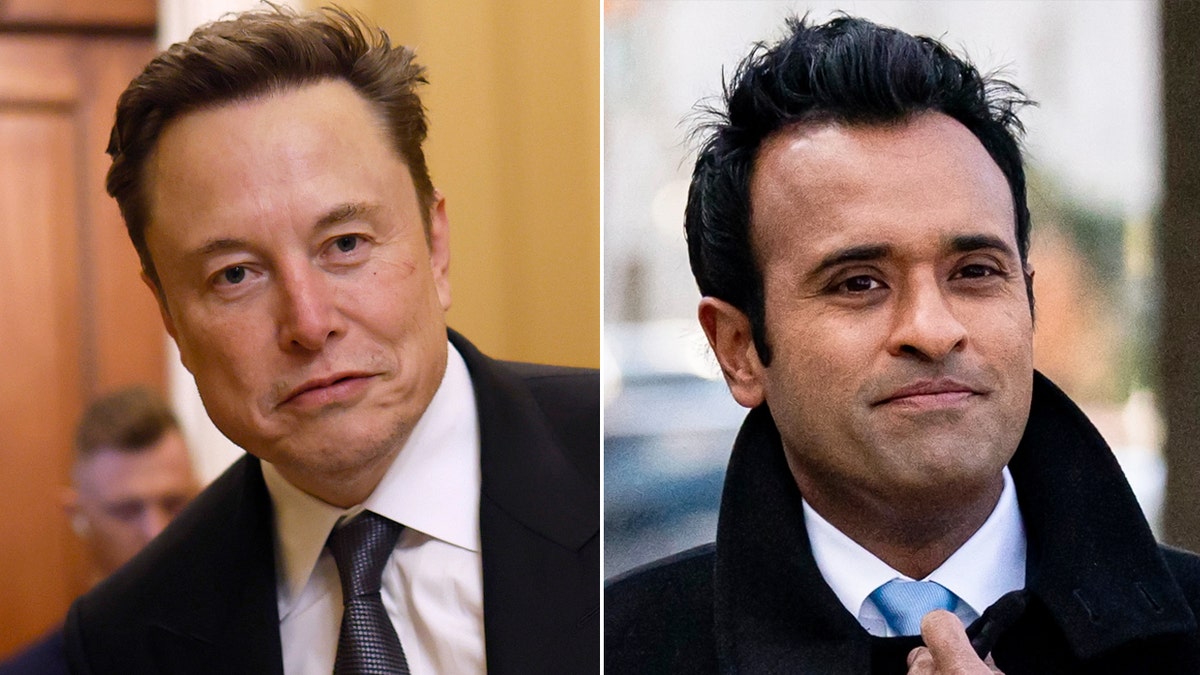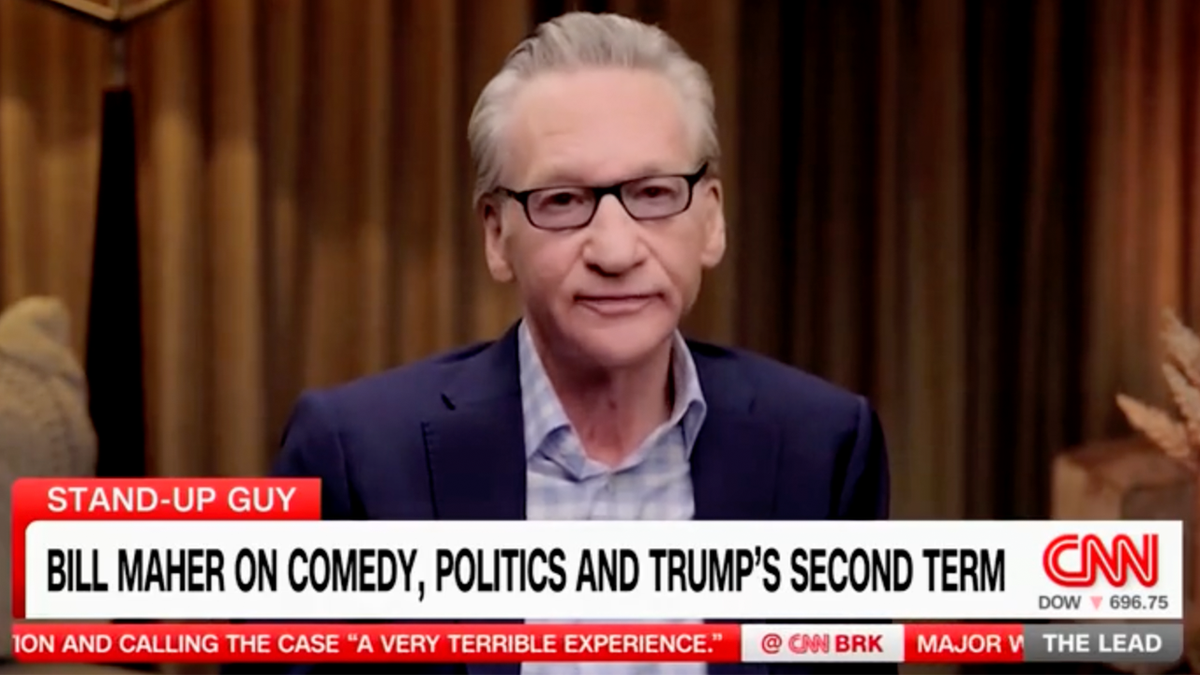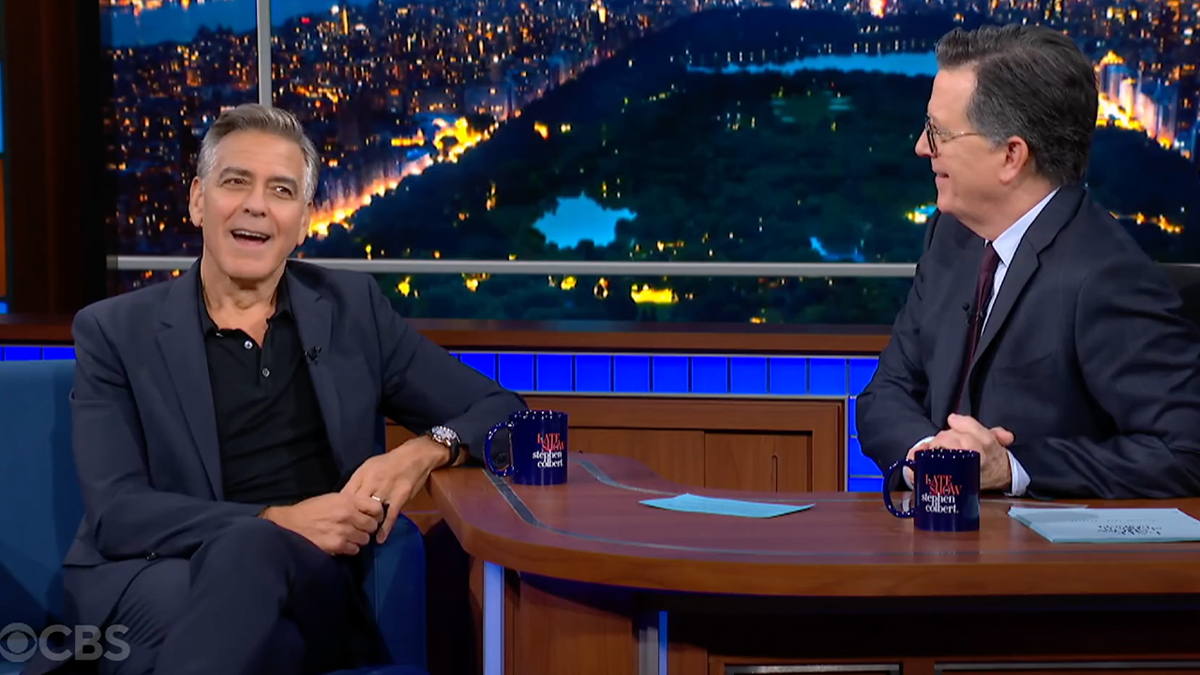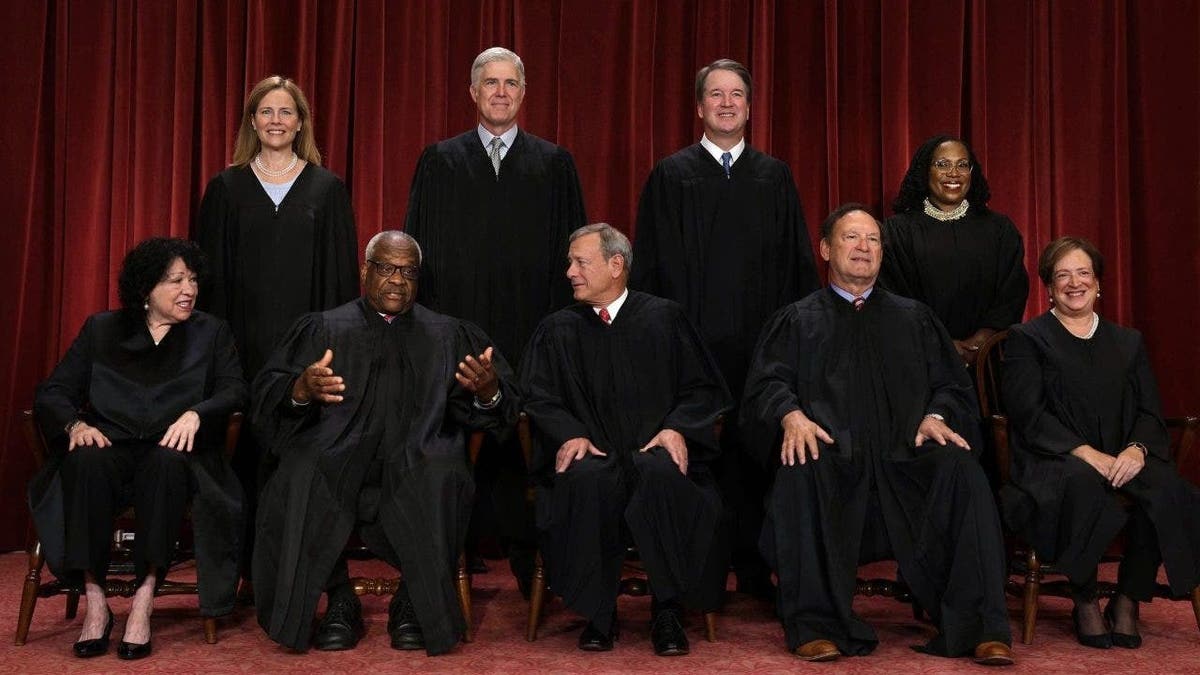The United Nations' special envoy for Libya, Abdoulaye Bathily, is stepping up efforts to navigate the country's complex political landscape and pave the way for long-awaited elections. Bathily aims to bring Libya's rival factions together to address the key disagreements that have repeatedly stalled the electoral process.
Bathily recently addressed the UN Security Council, emphasizing the urgency of the situation. He cautioned that the current political stalemate poses significant risks not only for Libya but also for neighboring countries. He urged the Security Council members to apply consistent pressure on the involved parties and actively work to neutralize any disruptive influences.
While acknowledging a recent agreement on draft election laws as a positive development, Bathily stressed that it's not enough to overcome the major obstacles. He highlighted four critical issues requiring compromise: eligibility criteria for presidential candidates, the necessity of a second round of voting, the link between parliamentary and presidential elections, and the formation of an interim government.
Without resolution on these points, Bathily warned of a potential repeat of the 2021 electoral failure, further escalating political divisions and potentially destabilizing the nation. He underscored the need for not just a legal framework but also a broad political consensus to ensure successful elections.
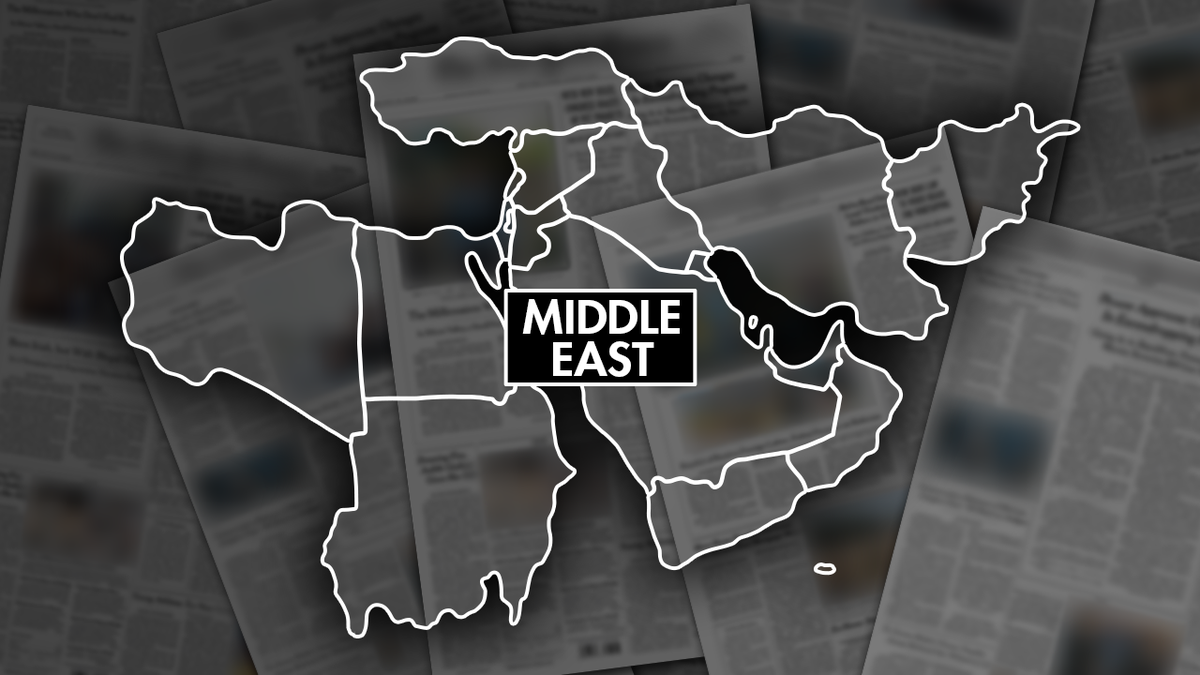
Libya's political turmoil stems from the 2011 uprising and the subsequent power vacuum. The country has been divided, with rival administrations vying for control. The failure to hold elections in December 2021 and the refusal of the transitional Prime Minister Abdul Hamid Dbeibah to relinquish power have further complicated matters, with the eastern parliament appointing a rival prime minister, Fathy Bashagha.
Bathily's plan involves intensified negotiations with key stakeholders in the coming months. His goal is to forge a final agreement on the contentious issues, refine the draft laws, and create a path toward inclusive elections supported by a broad political understanding. He plans to update the Security Council regularly on his progress.
While Tripoli has maintained relative calm, Bathily expressed concern about government operations against illicit activities in Zawiya and surrounding areas, noting allegations of political motivations behind these actions. He also raised concerns about potential restrictions on human rights by security agencies.



